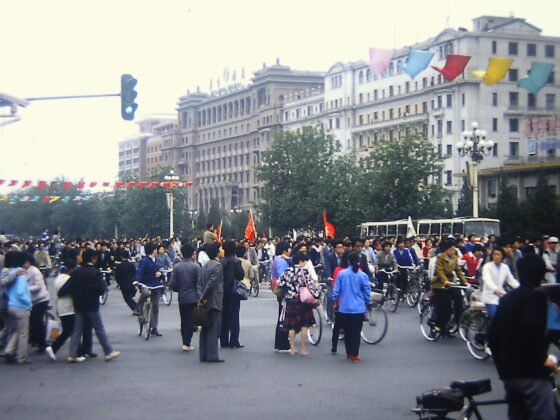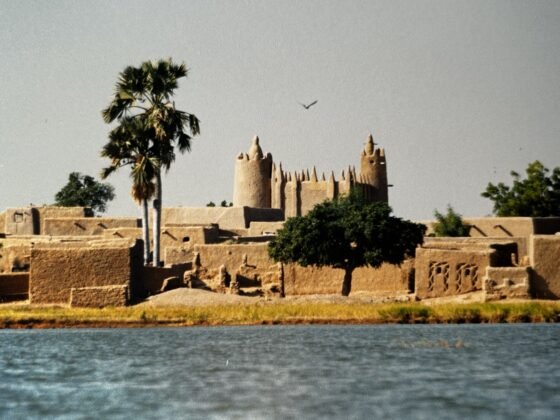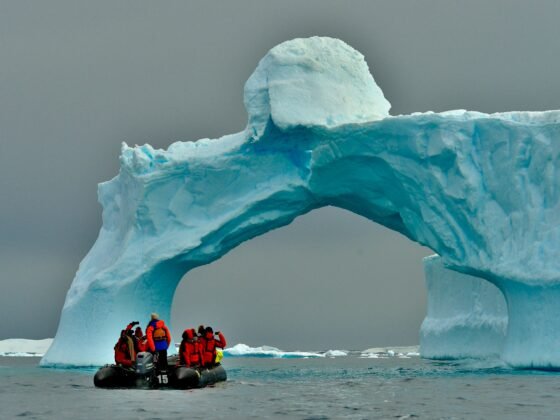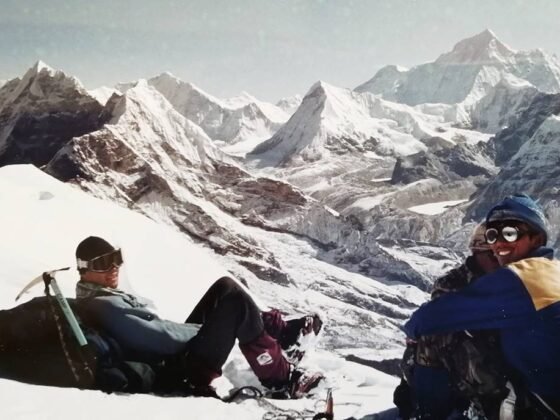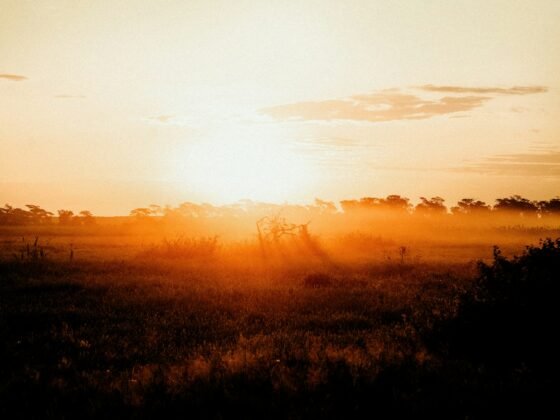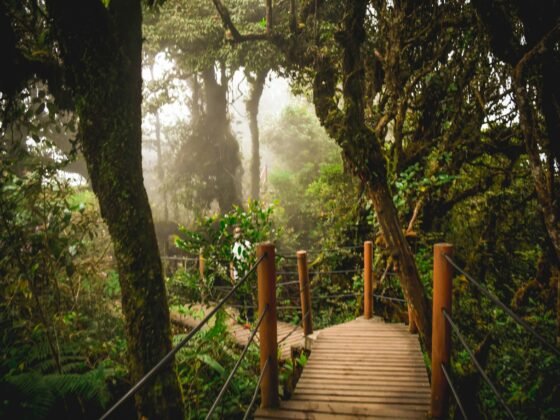We’ve all been somewhere when something happened that unexpectedly moved us. Vanessa Couchman tells us of an evening in Corsica, listening to a concert in a local church. This story was a 2021 Finalist of the PureTravel writing competition.
We shuffled along the unforgiving wood of the flat pew at the back of the church as more people arrived. And still they came. My arms were pinned firmly to my sides. I couldn’t move, even if I had wanted to. The scent of incense still floated around from the evening service, mingled with that musty smell that is unique to old churches. People talked in hushed, reverent tones, quite unlike the usual Corsican hubbub during their evening passeggiata. Even so, the sense of anticipation was intense and infectious.
“What typically Corsican entertainment can you suggest?” I had asked the manager of our Corte hotel earlier.
He regarded me for a moment, stroking his chin. “Well, there is a concert of traditional Corsican singing by a group called Meridianu. It’s in the church at nine o’clock.” He paused. “But it’s an acquired taste for foreigners. Perhaps you’d prefer something lighter?”
I shook my head. “That sounds perfect. Do you have to book?”
“No, just turn up. But make sure you get there early. It’s bound to be packed.”
Packed was an understatement.
From our table on the balcony of U Museu, my husband and I saw knots of people already making for the church across the Place Gaffori. We wolfed down our cheese pasties and wild boar stew with myrtle berries. No time for dessert or coffee.
We got there twenty minutes before the advertised time. Even so, we were relegated to the back.
The appointed hour arrived. Then five minutes past. At ten past, six men appeared before the ornate altar and stood in a tight circle. With their beards and deep-tanned faces, they looked as if they had just stepped off the mountainside after tending the sheep.
The hush was now complete.
Each man cupped a hand over one ear. They all closed their eyes. Concentrated. Focused. One man, a segonda, began to sing, a plaintive minor key melody that grew in intensity and volume. One by one, the others joined in. The grave, resonant voice of u bassu, the base, reached up into the echoing vault of the nave, while the lighter tenor voice of a terza elaborated on the melody.
Their swirling and sometimes dissonant song condensed the essence of Corsica. They sang with a passion rooted in the Corsican soil deep beneath our feet. I didn’t follow the Corsican lyrics (the songs were also in Sardinian, Greek and Latin). I didn’t need to. The depth of feeling that poured from the melodies transcended the words.
The hairs on the back of my neck stood up. I’d had the same reaction earlier that week when I looked into the stern, granite faces of prehistoric megaliths at Filitosa. I felt a connection across the millennia with the unknown sculptors of those standing stones. The same elemental energy charged the music.
I learned afterwards that male-voice groups originated as lay brotherhoods, which sang at religious festivals and on saints’ days. The music was mostly sacred, like plainsong, but its distinctive quality surely reaches back to influences well before Christianity.
However, the songs Meridianu performed weren’t exclusively religious. They included paghjella, laments about love, loss and death, subjects close to Corsicans’ hearts.
The concert ended with a stirring performance of the Corsican “national anthem”, ‘Dio vi Salvi Regina’.
Someone called out, “Tous, debout!” (“Stand up, everyone!”), and the audience stood in reverential silence to hear the spiralling, soaring melody. A few joined in the chorus in muted tones. Corte has always been the heartland of Corsican independence. Few today would fight for liberation from France, but Corsicans are deeply attached to their island’s traditions and culture.
The audience started to applaud before the song had even finished. Forgotten was the silence that had greeted the singers’ arrival. Now, people clapped, whistled and stamped their feet in noisy appreciation, jostling us unintentionally in their enthusiasm.
We spilled out into the Place Gaffori, where evening diners still sat at café tables. The stone reflected the warmth of the late summer sun. The aromatic scent of rosemary, thyme and myrtle wafted from the hillsides.
The sound of the music continued to ring in my ears as if it had set off some kind of chain reaction in my brain. For a short time, we had experienced part of the culture that sets Corsica totally apart from the rest of France and stretches back over thousands of years.
The next morning, an anxious look on his face, the hotel manager said, “Well, did you go? What did you think?” “It was like nothing I’ve ever heard before.”




